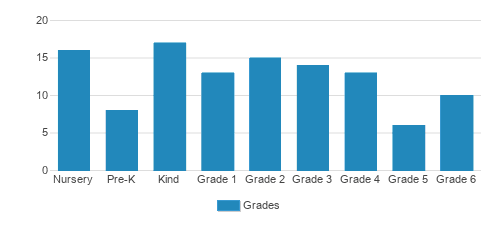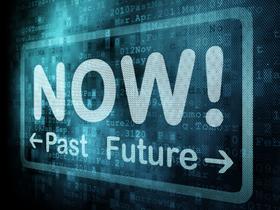Trinity Episcopal School is to serve students of all backgrounds as the premier provider of education in the Pine Bluff area for children in K-3 through the sixth grade.
Trinity Episcopal School will provide each student with a variety of opportunities to earn the highest quality of education in an environment where discipline and safety prevail, and Christian values are taught.
School Overview
Religious Affiliation
Grades Offered
Grades Nursery/Preschool-6
Student Body
Total Students
112 students
Student Body Type
Co-ed
% Students of Color
18%
State avg.: 20%
Students by Grade

Academics and Faculty
Total Classroom Teachers
12 teachers
Student : Teacher Ratio
9:1
National avg.: 13:1
Tuition and Acceptance Rate
Admission Deadline
None / Rolling
Source: National Center for Education Statistics (NCES)
Frequently Asked Questions
When is the application deadline for Trinity Episcopal School?
The application deadline for Trinity Episcopal School is rolling (applications are reviewed as they are received year-round).
Recent Articles

5 Clues That It Might Not Really Be Montessori School
Of the approximately 4,000 Montessori schools in the U.S. only 1,100 schools are members of the American Montessori Society. Does this matter? What else should you look for to determine if a Montessori school is the real thing?

6 Schools and Their Beginnings
This article explores the rich histories of several prestigious schools in the United States, including the Allen-Stevenson School, Lycée Français de New York, Catherine Cook School, Shattuck-St. Mary's School, and The Spence School. It explores their origins, founders, growth, philosophies, and enduring legacies, highlighting their commitment to academic excellence and progressive education principles.

Technology in the Classroom
Technology is transforming K-12 education, enabling personalized learning, immersive experiences, and new teaching methods. This article explores the latest classroom technologies like interactive whiteboards, tablets, virtual reality, online learning platforms, and educational software. It examines how these tools enhance engagement, provide real-time data, and facilitate hybrid learning models.





